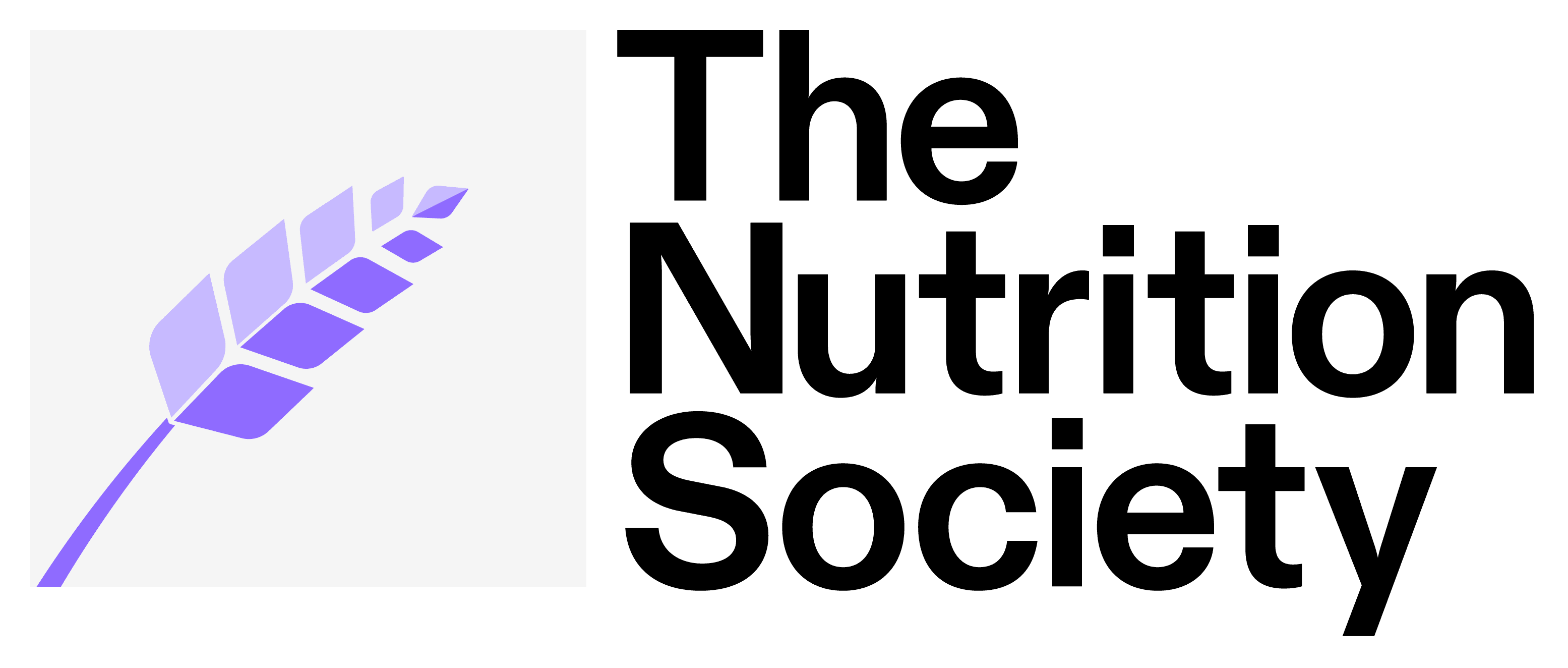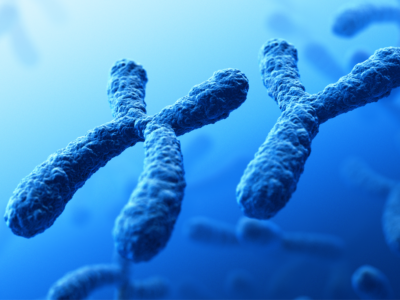Cancer is a complex disease that results from multiple interactions between genes and the environment and is regarded as one of the current leading causes of mortality worldwide. Malnutrition, sarcopenia and cachexia are metabolic and nutritional alterations that can influence the survival and recovery of cancer patients. It is not uncommon, for recently diagnosed cancer patients to change their dietary intake to a healthy diet, a diet that does not suit cancer treatment and recovery. Malnutrition derives from inadequate dietary intake to meet the increased requirements and from the inflammatory state of the condition itself. Malnutrition is highly prevalent in cancer patients as 15 to 40% of patients report weight loss at diagnosis. It is estimated that 40 to 80% of all cancer patients will be malnourished during the course of the disease. Malnutrition manifests mainly as low muscle mass that can influence treatment outcomes, delay wound healing, worsen muscle function and increase the risk of post-operative complications.
This webinar will explain the drivers to an inadequate dietary intake in cancer patients and the impact of this diet on malnutrition and especially muscle loss. We will also discuss the impact of muscle loss on treatment and quality of life and present dietary suggestions to minimise this loss.
What will I gain from this webinar?
- You will be able to describe patients’ dietary modifications and the drivers and determinants for this change
- Be able to critically discuss the impact of these changes on patient’s nutritional status and its consequences for treatment and recovery
- You will have a good understanding of muscle loss, the impact of this in cancer care and will be able to make suggestions not only to minimise this loss but also to support muscle gain.

Course Features
- Lectures 2
- Quiz 0
- Duration Lifetime access
- Skill level All levels
- Language English
- Students 223
- Certificate Yes
- Assessments Yes











